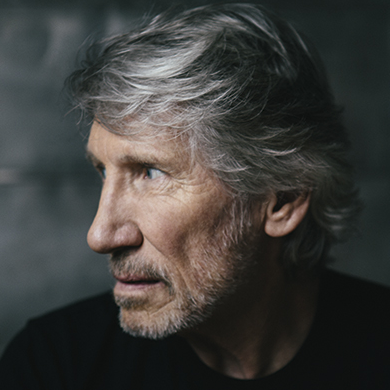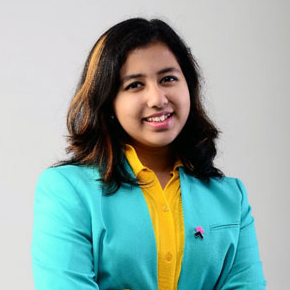Unsere Unterstützer
Nachstehend finden Sie eine Auswahl von Befürwortern der Kampagne „Move the Nuclear Weapons Money“ und ihrer Zitate. Dazu gehören Künstler, Musiker, Sportler, Parlamentarier, Bürgermeister, Geschäftsleute, junge Aktivisten und andere anerkannte Vertreter der Zivilgesellschaft aus der ganzen Welt, darunter Preisträger des Friedensnobelpreises, des Right Livelihood Award und des Nuclear Free Future Award.
It is our choice. We can either spend the millions and millions of dollars on nuclear weapons and MAD – Mutually Assured Destruction – or on our future, the planet, kids, education, equality. This is what Move the Nuclear Weapons Money is about.
– Roger Waters (Pink Floyd)
It is imperative that developed nations take immediate actions in allocating resources and spending to address the critical issues of global hunger, children’s education and health , instead of wasting them on building nuclear stockpiles which continue to threaten the existence of present and future generations.
– Kehkashan Basu, World Future Council Youth Ambassador. Winner of the 2016 International Children’s Peace Prize
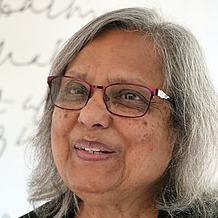
Prevention is better than cure. In line with this quote instead of investing in a useless and harmful exercise such as the production of nuclear weapons, if we divert the spending of that money on improving the conditions of life of millions of people around the world we reduce the risk of a war and we spread happiness and contentment which will then result in a safer more beautiful world for all.
– Ela Gandhi, Founder of the Gandhi Development Trust, Grand-daughter of Mohandas Gandhi
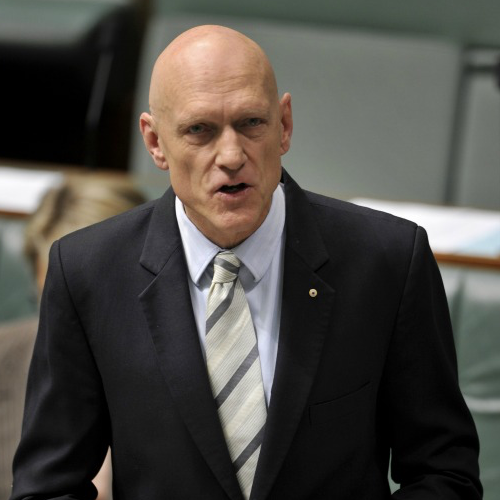
The massive amounts of money spent on grotesque nuclear weapons that should never be used can be put to good use across the world in so many ways. Let’s make it happen.
– Peter Garrett, lead singer for Midnight Oil, environmentalist, activist and former politician
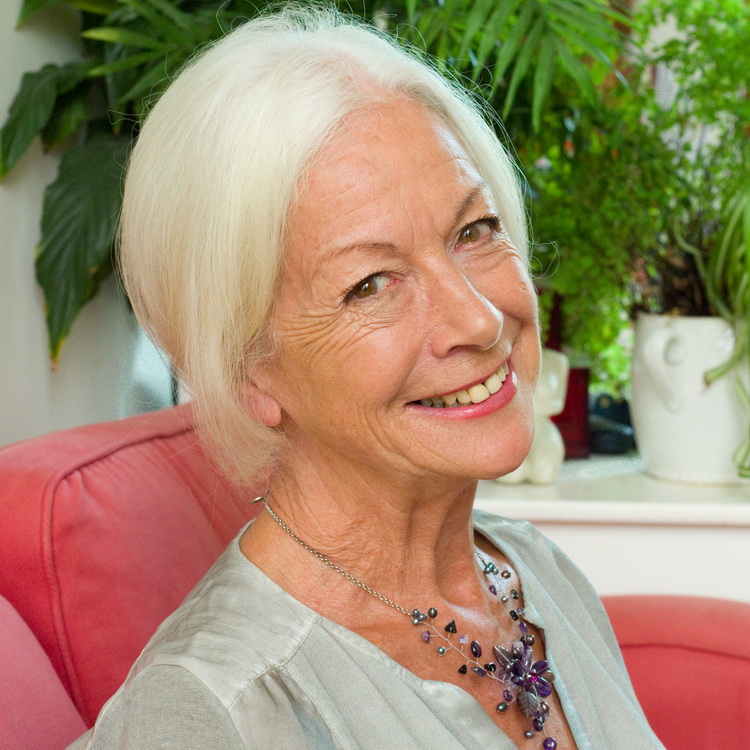
Every year, the world spends around $2 trillion on militarisation. It would cost only $30 billion a year to end global starvation and hunger.
It would cost only $11 billion to provide the world with clean water. It would cost only $2 billion to prevent armed conflict worldwide over 10 years.
Five of the world’s six largest arms dealers are the Permanent Members of the UN Security Council; this explains why efforts to curb the arms trade have so far failed.
Their time is up. War – part of the human experience for centuries – is neither necessary nor inevitable. It is now clear that we have the experience, the knowledge and the tools to prevent and resolve conflict.
– Scilla Elworthy, Founder of Peace Direct and Co-founder of Rising Women, Rising World
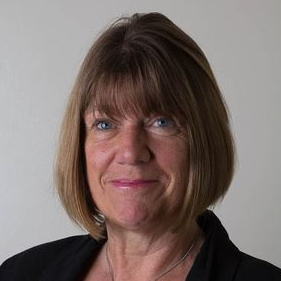
The U.K. cannot afford the outdated thinking of renewing the Trident nuclear system. As well as making us more of a target and less safe we desperately need the billions of pounds Trident will cost to invest in our health service, education and other public services.
– Baroness Sue Miller, Member of the UK House of Lords
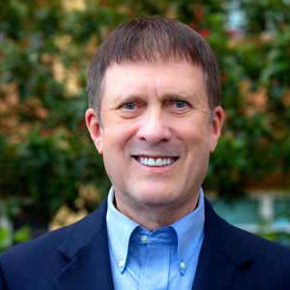
The U.S. prioritizes nuclear weapons funding over spending on education, medical research, alternative energy, healthcare, housing, food for the hungry, and everything else that can have a positive impact on this planet’s quality of life.
– Dr. Michael D. Knox, Chair, US Peace Memorial Foundation
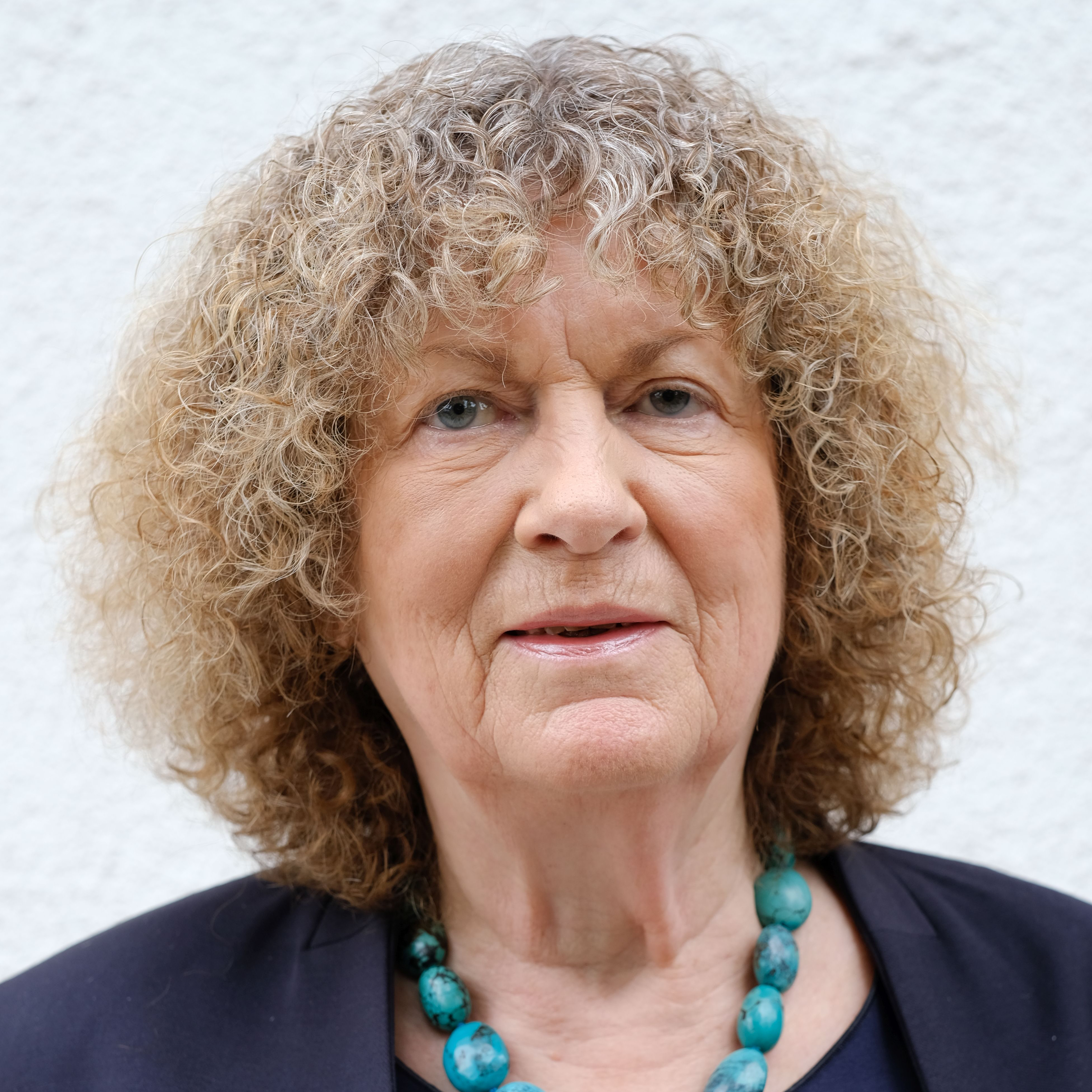
68½ million refugees all over the world because of war, while humanitarian organisations are begging for money to feed, shelter, educate those who have lost everything. We all cry for ending the arms race, especially the nuclear arms race and give that money to the needy.
– Uta Zapf, Former Chair of the German Parliament Sub-committee on Disarmament and Arms Control
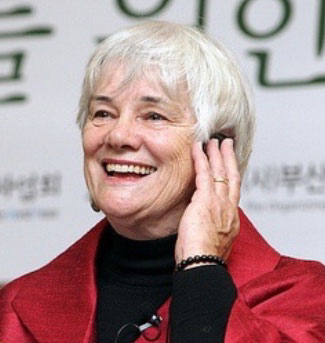
How can we leave people to face disasters of a scale we have never seen before; abandon health, education and meaningful work, and still spend endless billions of dollars on nuclear weapons? We know we can never use a nuclear bomb, no matter how small, because the effect on the planet would be catastrophic. Continuing this way, without a moral compass, is unprecedented folly.
– Dr. Mary-Wynne Ashford, Past Co-President of International Physicians for the Prevention of Nuclear War
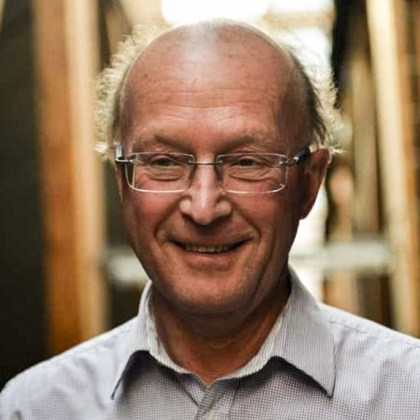
Nuclear weapons are so furious and inhumane that they cannot be used. That makes them useless. In other words, trillions of dollars a spent uselessly. Mayors have good suggestions of alternative use of those trillions, for example the SDG’s.
– Thore Vestby, Vice-President, Mayors for Peace
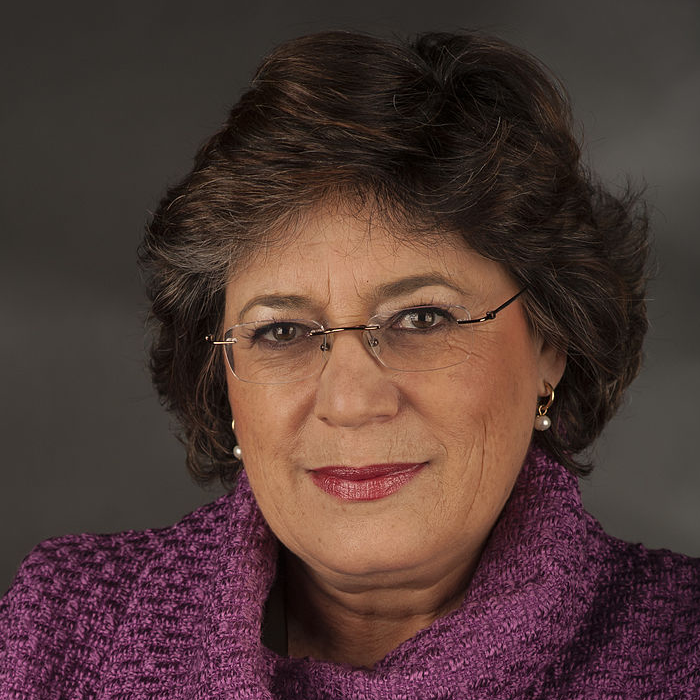
States are governed by men and women. They must take responsibility: States‘ resources must be allocated to what really matters, not wasted in lethal arms races that can wipe out mankind. Now more than ever is the time for governments to respect the NPT, do dismantle nuclear arsenals and ensure global denuclearisation.
– Ana Maria Gomes, MEP, Subcommittee on Security and Defence, European Parliament
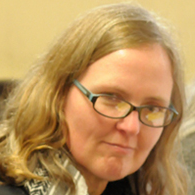
The utter obscenity of having spent trillions, and planning to spend trillions more, on omnicidal weapons while children go hungry, people die of totally preventable and treatable diseases, homeless people curl up on the concrete, sickens me. I hope the physical act of counting enormous bills of fake money for a WEEK can help people understand how massively wrong nukes are and that we must abolish them.
– Ellen Barfield, Vice President, Veterans for Peace
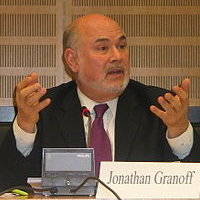
Move the money means moving from a future of death and destruction beyond imagination to a future where life — education, health, human dignity, and sustainable economic development — flourishes. What do you want? What do you think God wants?
– Jonathan Granoff, President of the Global Security Institute
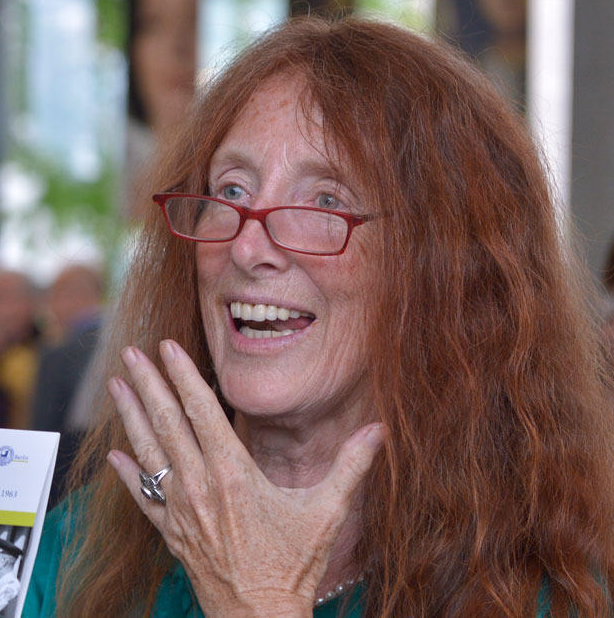
I will never forget the women Hibakusha I have met in the hospital in Hiroshima and Nagasaki and the indigenous people of the Nevada and other nuclear weapons test sites and uranium mining sites in the world. I saw their wounds, they suffer since the first nuclear bombs where thrown. We all will suffer with climate change and radiation when any mad power, mostly men, will dare to use even a so-called mini nuke bombs. The billions of money in the world wasted for nuclear weapons and research has to go to a UN fund for women rights and good schools for all girls, climate change adaption and to fight hunger and lack of clean water. Fighting corruption and mass media, which celebrate violence and stupidities will be part of our struggle to stop the billions of money going into the arms race.
– Eva Quistorp, Women for peace – Germany, former member of the European Parliament, House of the United Nations and Heinrich Böll Foundation.
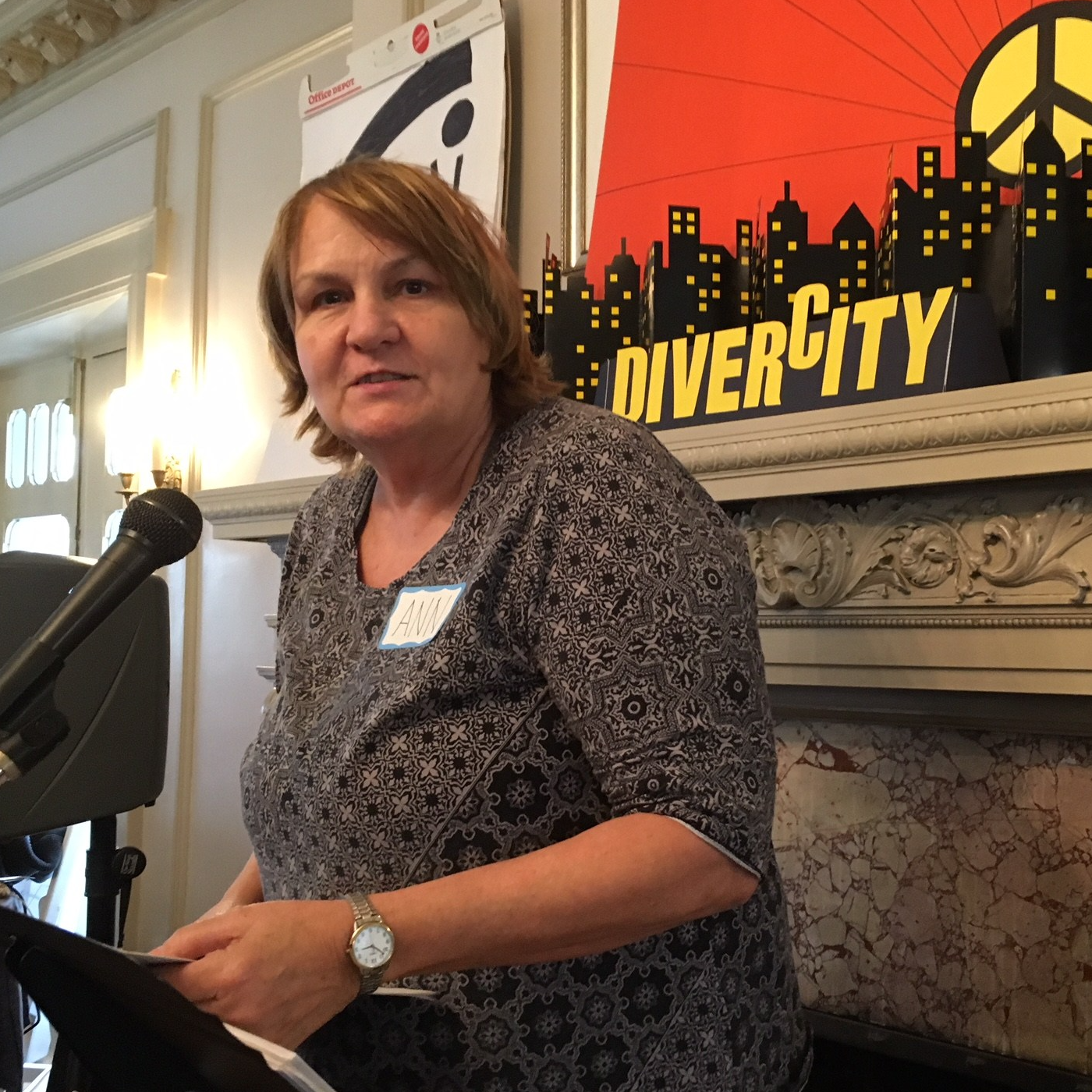
Peace is not something that happens out of thin air. When money is used to assure human needs are met, that the ways of peace are studied and taught, and that the factories of death and destruction (such as nuclear weapons manufacturing) are converted to productive endeavors, then we will have peace.
– Dr. Ann Suellentrop , PeaceWorks and Physicians for Social Responsibility Kansas City (USA)
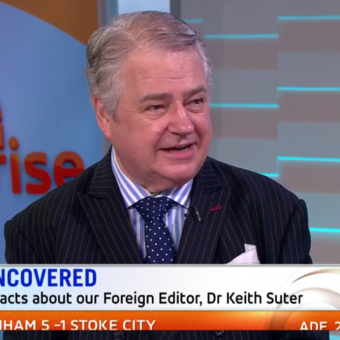
We need to create a Peace Industrial Complex bringing together activists and business people to create a better world.
– Dr. Keith Suter, Foreign Affairs Editor, Sunrise Program Channel 7,
Chairperson of the International Humanitarian Law Committee of Australian Red Cross (NSW)
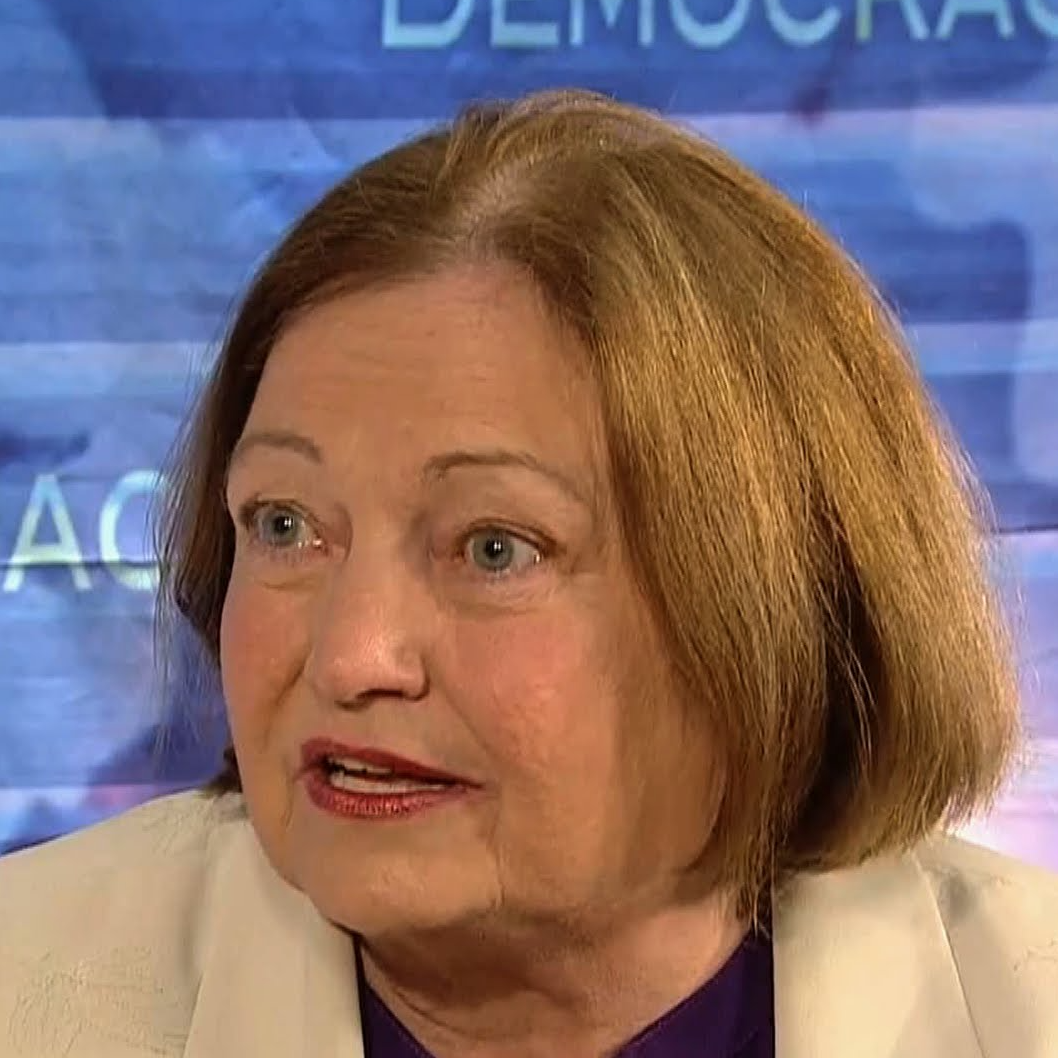
If we continue down this road of militarism, nuclear weapons and war, we WILL destroy each other.
– Mairead Maguire , Nobel Peace Laureate (l976)
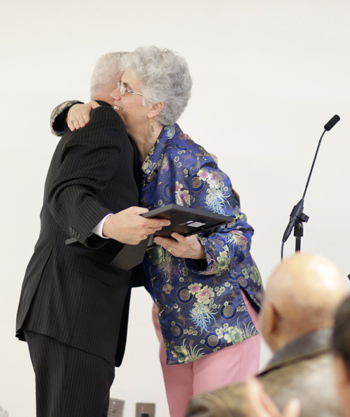
United States government officials have the gall to claim that there isn’t the money to provide Americans with universal health care while they commit over one trillion dollars to upgrade nuclear weapons. They want to cut social security to offset increased military spending. In the Book of Deuteronomy, God speaks through Moses: “I put before you life and death; choose life.” But U.S. officials have chosen death. We, the people, must take over the reins and choose life with the abolition of nuclear weapons.
– Rosemarie Pace, Ed.D., Director, Pax Christi Metro New York
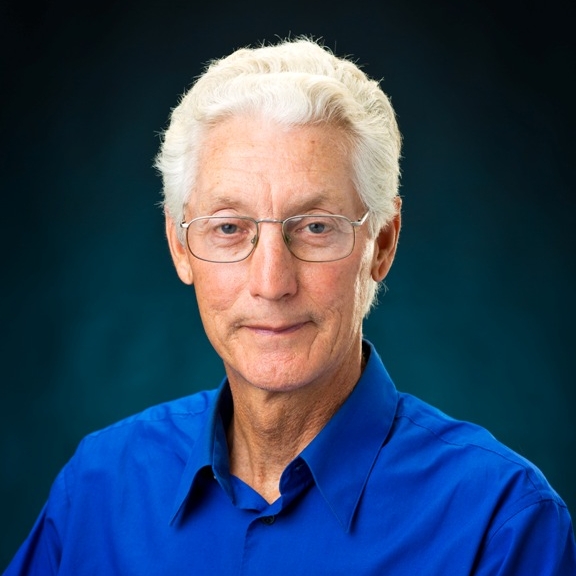
We are witnessing a choice: Spend a trillion dollars to bend history toward a final war or spend it to arouse the world’s conscience, meet each other, and empower our love of life, shared hopes, and deeds of healing.
– Dr. David C Hall, MD, past president (1997), Physicians for Social Responsibility

Humankind faces two undeniable threats to survival, one from the threat of the use of nuclear weapons, and the other from the ever worsening climate crisis. We have the power to eliminate the first, and to contain the second. The possibilities to hold back the planetary ravages of climate change will increase with the full and universal implementation of the Treaty to Ban Nuclear Weapons. Lifting the nuclear threat will also provide the resources to significantly reduce poverty and the other multiple obstacles to human security and planetary sustainability. We can and must abolish nuclear weapons and move the money that produces them to meeting human needs and the Sustainable Development Goals.
– Betty A. Reardon , Founding Director, International Institute on Peace Education
Co-founder, Global Campaign for Peace Education
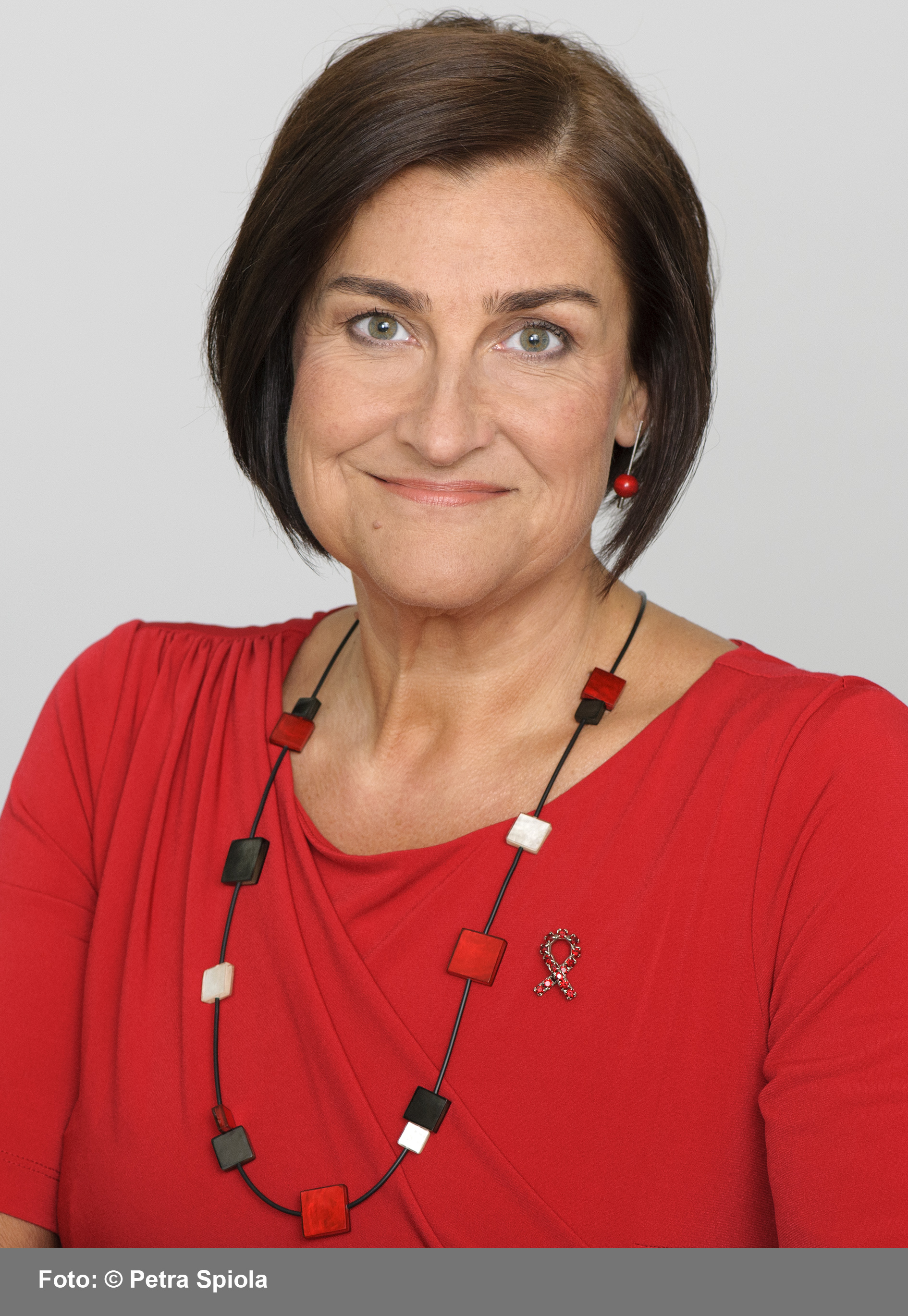
It does not make any sense to spend millions and millions of dollars on nuclear weapons. By adopting the Agenda 2030 the international community agreed “to leave no behind”. Let’s spend these millions to achieve the 17 SDGs and make the world a better place for all, providing a good life for all.
– Petra Bayr, MP, Chairwoman of the Development Policy Subcommittee, Executive Member of Parliamentarians for Global Action
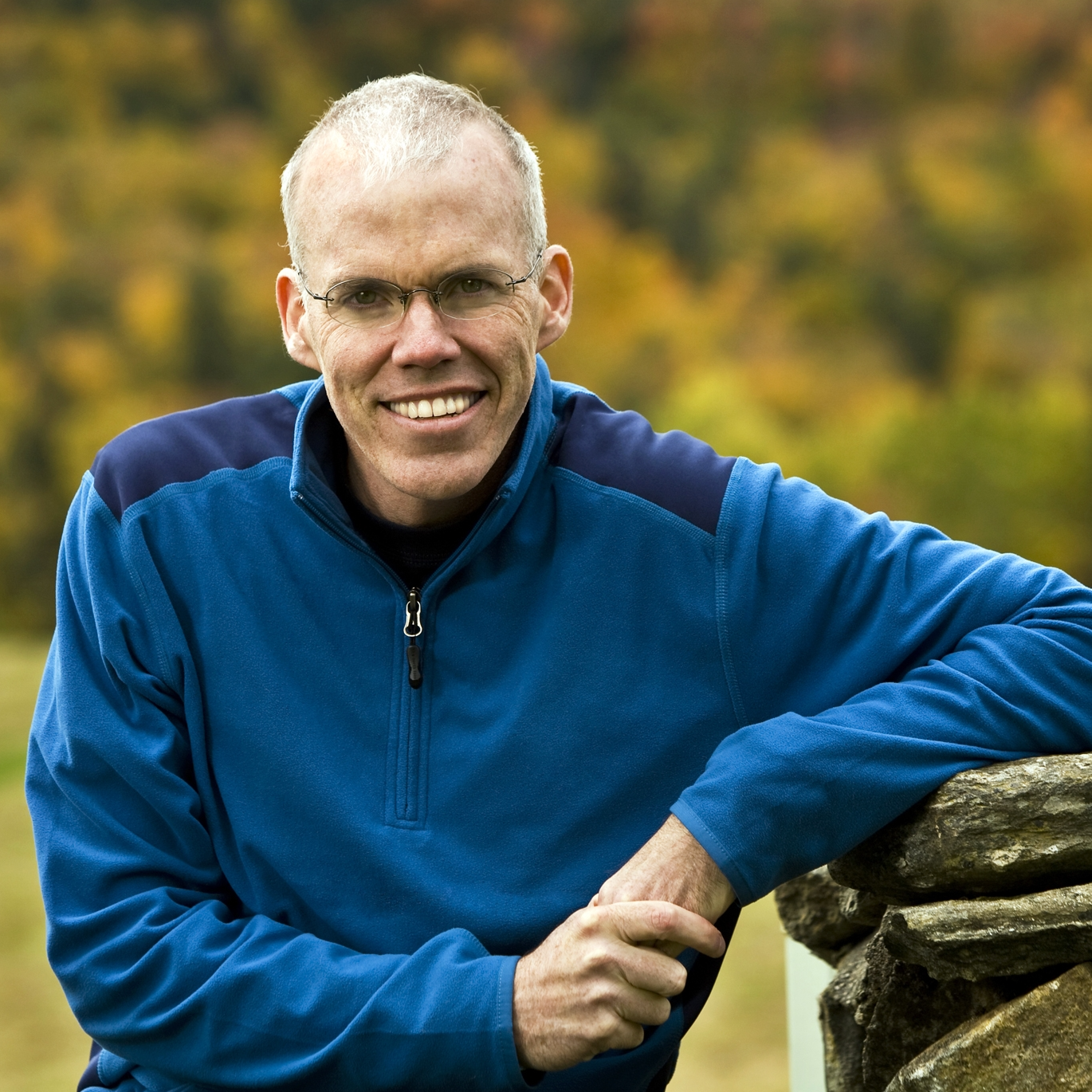
Just possibly we have enough nuclear weapons. Just possibly we could spend the money on schools and hospital and food for the hungry.
– Bill McKibben, 350.org
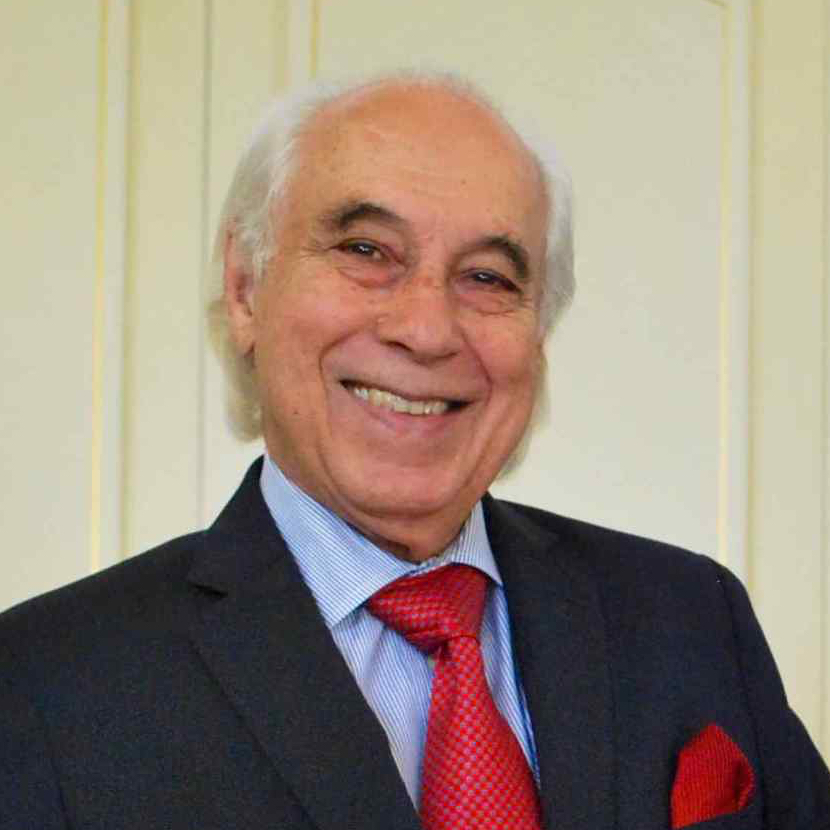
In the present climate of persistent insecurity to which the continuing nuclear arms race to a large extent contributes, total global expenditure in instruments of war stands at higher levels than the estimated resources that would be needed for the implementation of the Sustainable Development Goals adopted by the United Nations.
– Sergio Duarte, President of Pugwash and Former UN Under-Secretary-General for Disarmament Affairs
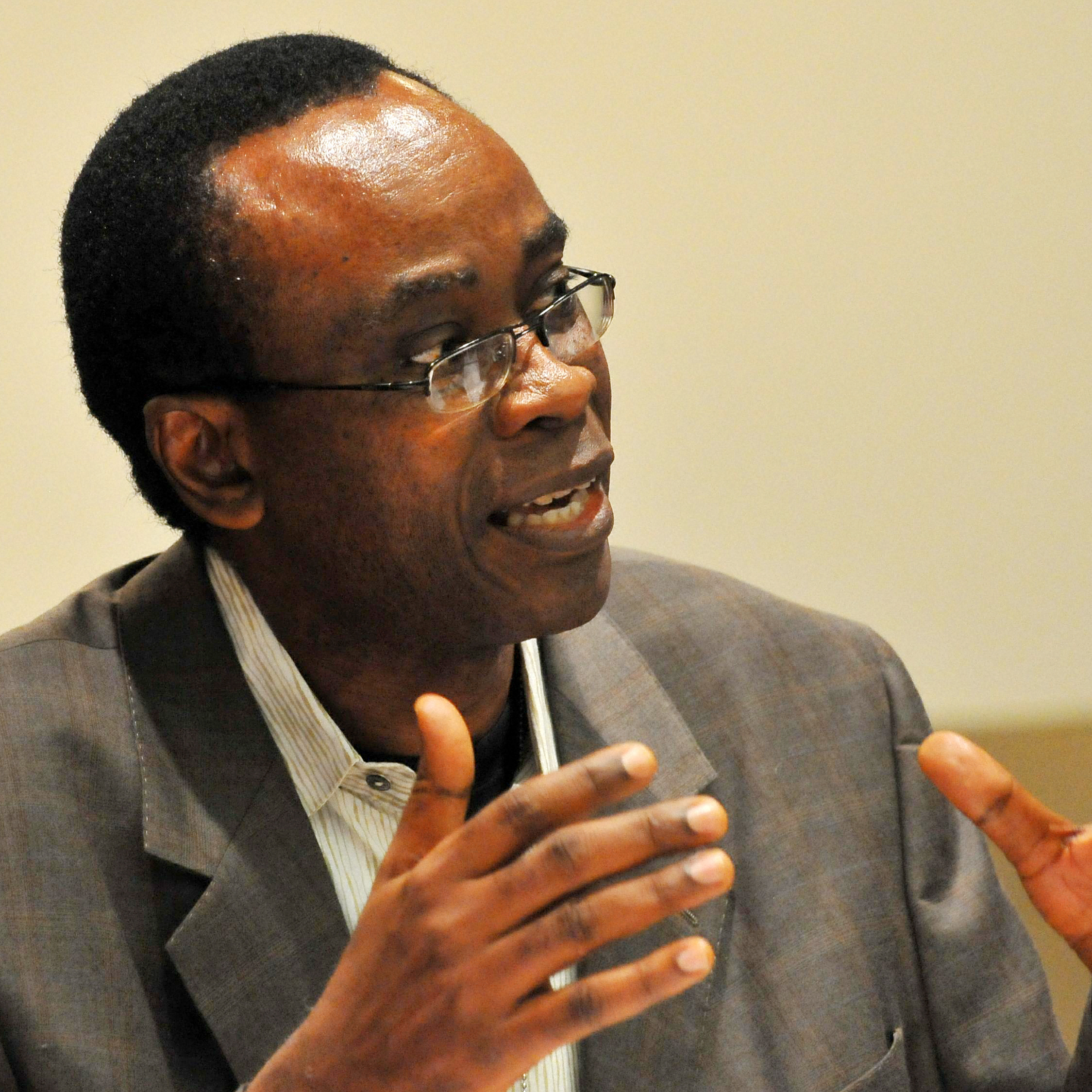
It is unreasonable for a world at the brink of utter ecological destruction to keep investing in nuclear weapons and lock away resources needed to build resilience and sustainability. It is time for the world to wake up from the nuclear dead-end and build a future of peace, respect and justice.
– Nnimmo Bassey, Former Chair of Friends of the Earth International, Time magazine Hero of the Environment 2009

Take a deep breath and try to imagine a world in 30 years’ time – a world in which the trillions of dollars currently earmarked for nuclear weapons was instead dedicated to protecting our earth, starting from today. Imagine what we could achieve in those next 30 years – the eradication of poverty, reversal of climate change, development of sustainable energy access for all and the achievement of education for every child on earth. It is almost impossible for people of my generation to understand why the world might forgo such an obvious opportunity, and instead waste time, energy and so much money on nuclear weapons. In 30 years, people my age will be in the middle of our careers, maybe raising children. I believe it could be a world where we have achieved all these things. Isn’t that a beautiful thought?
– Luisa Neubauer, Climate and youth acitivst
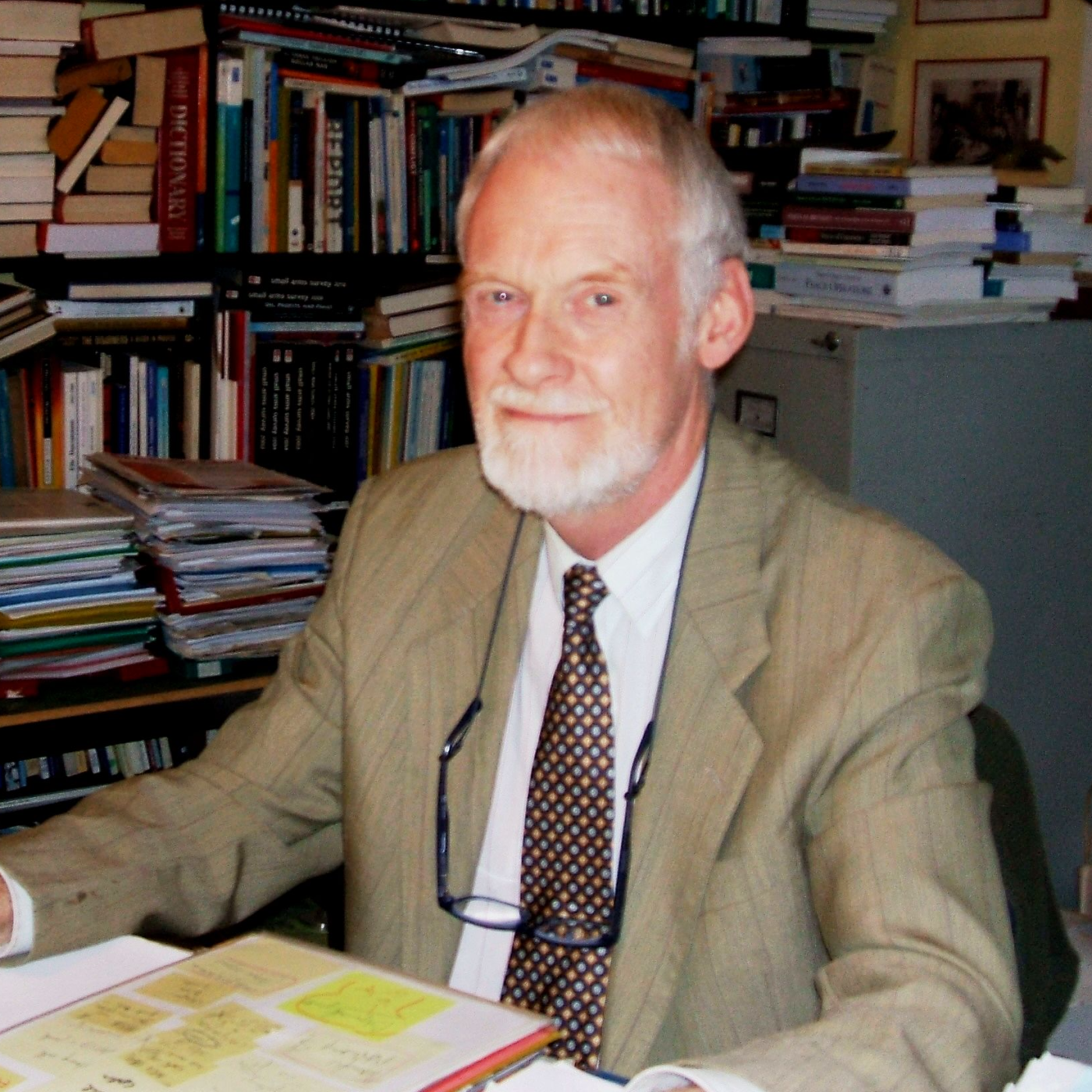
Among the most important functions of a democratic system is to decide how the people’s money (tax) should be spent. The choice to spend hundreds of billions of dollars on nuclear weapons, and a whopping $1.7 trillion spent on the military system as a whole, is a colossal ‘theft against the poor’. Our campaigns to ‘move the weapons money’ are part of the global effort to rescue democracy from demagogues and dictators, whose rule will only lead to destruction.
– Colin Archer, Secretary-General, International Peace Bureau (1991 – 2016)
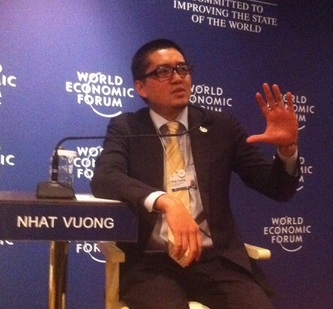
According to the Water Supply and Sanitation Collaborative Council, it would cost 10 billion $ a year to bring water and sanitation to all.
With 10 trillion $, we could be providing water and toilets for the whole planet for 1000 years. The money is there and we need to shift the priorities right now.
– Nhat Vuong, Founder, Water Inception
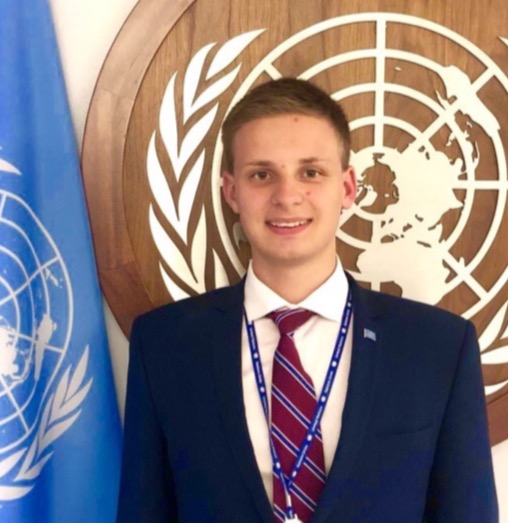
The youth has to answer a question that will not just shape the world of tomorrow, but, what’s more important, the world of today. Whether to let the things be the way they are, or to make one’s mind up firmly against the nuclear weapons. It first starts with the attitude of your own set clear today to become the much awaited cause for the global change towards a better and safer world tomorrow.
– Ilya Kursenko, Comprehensive Test-Ban Treaty Youth Group Member

